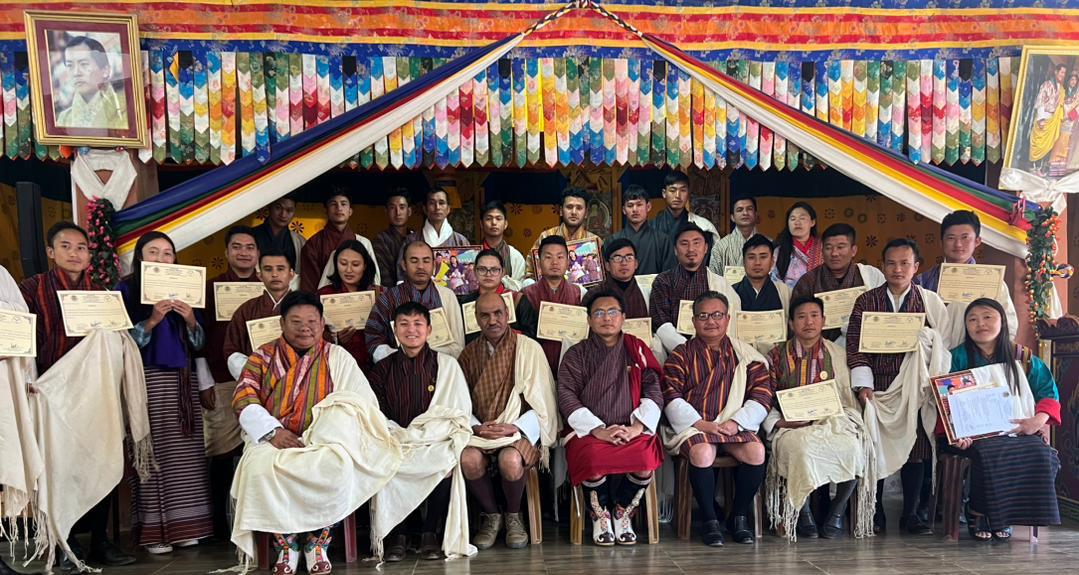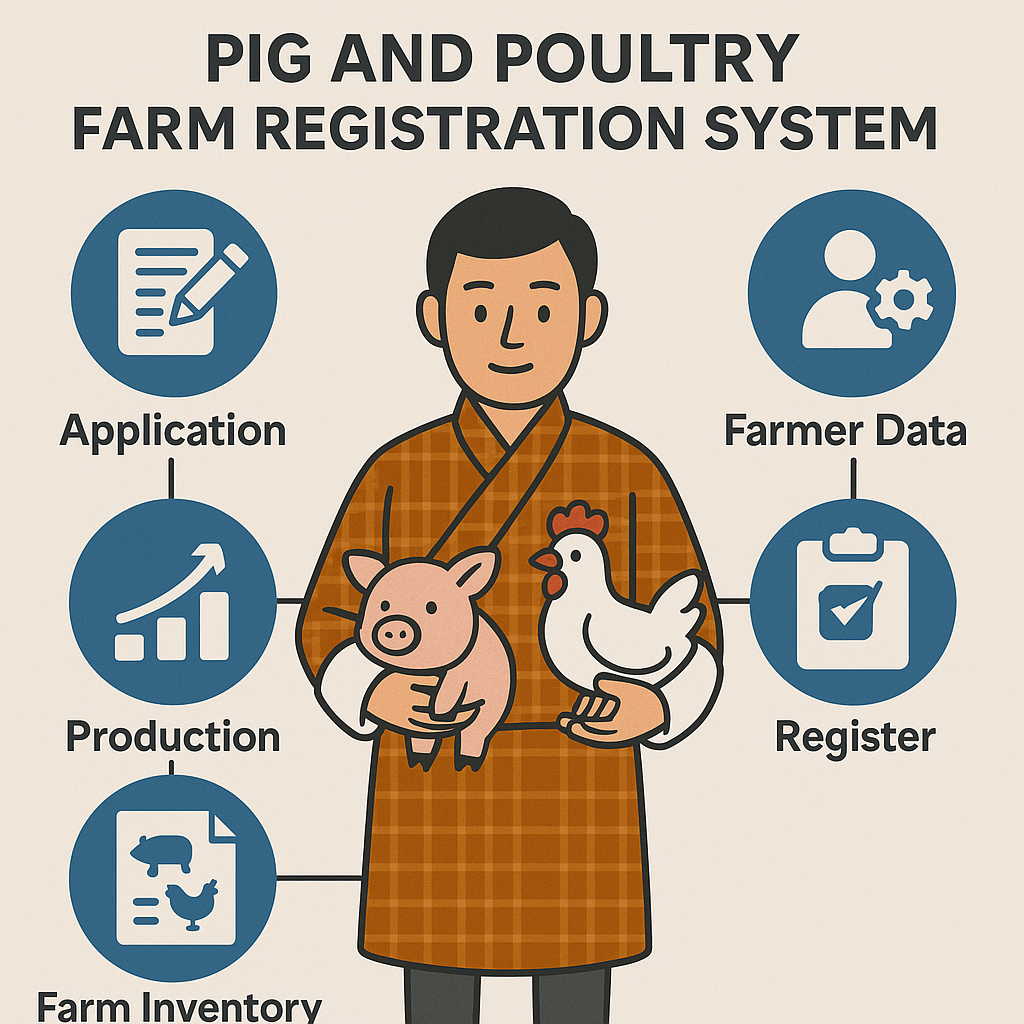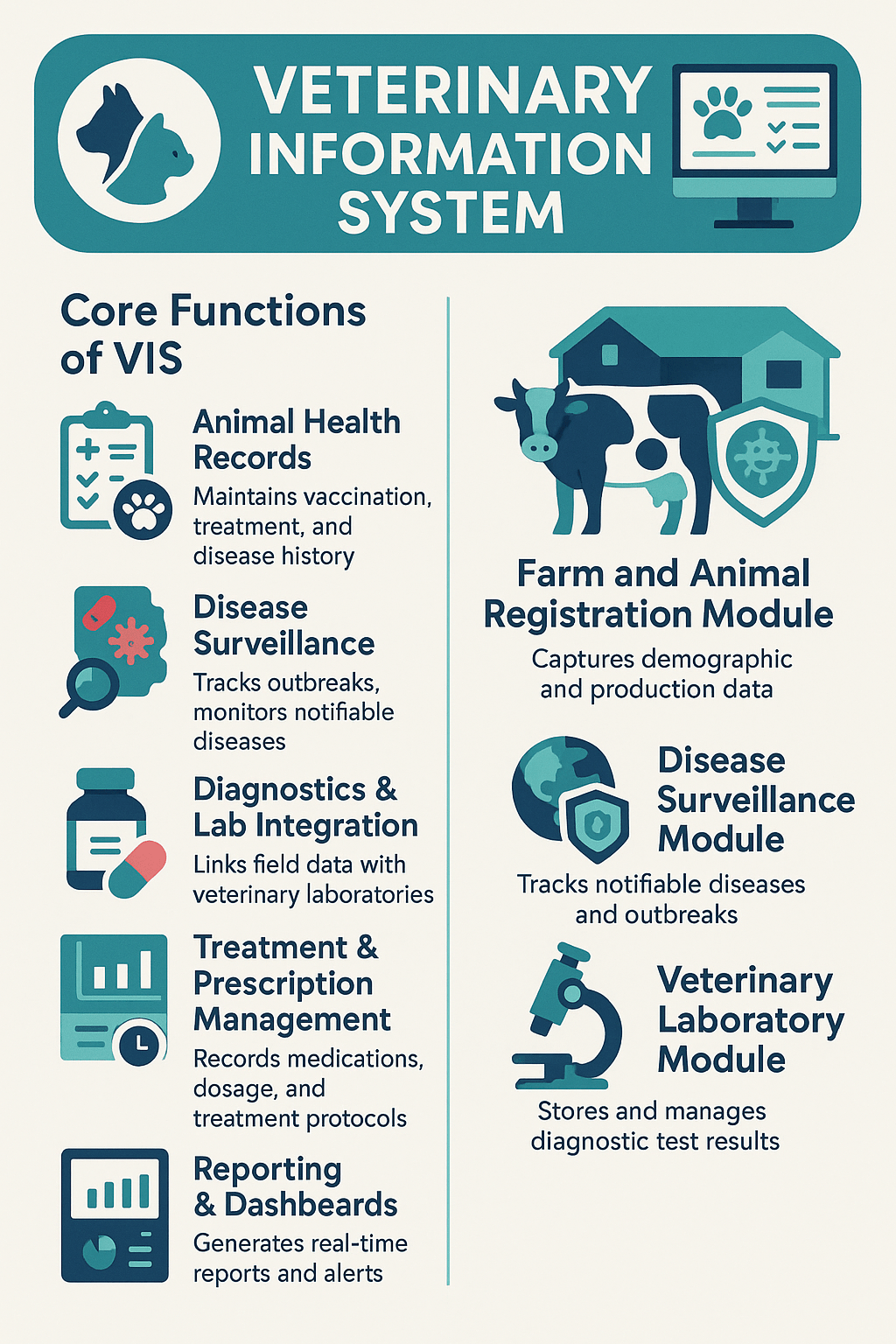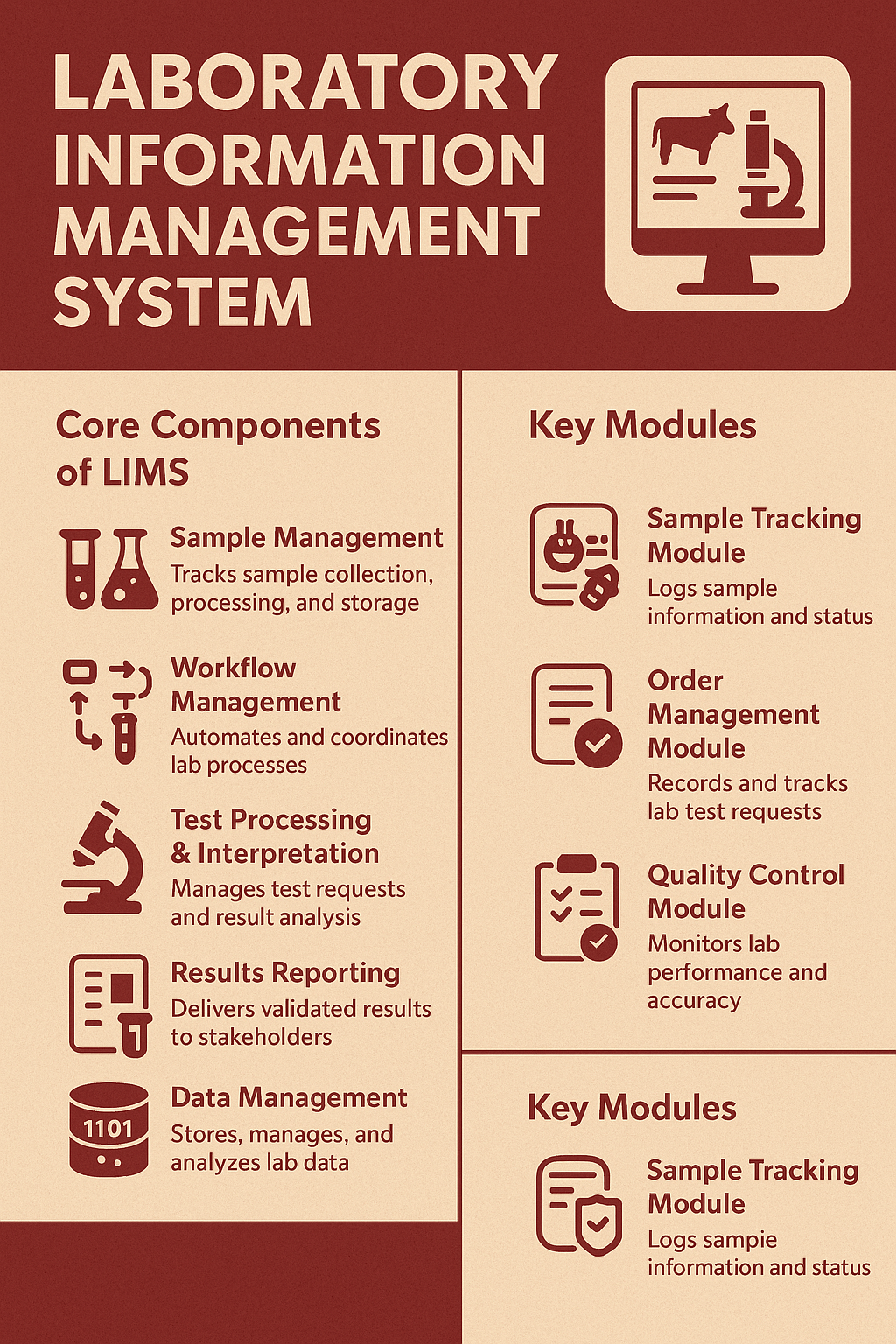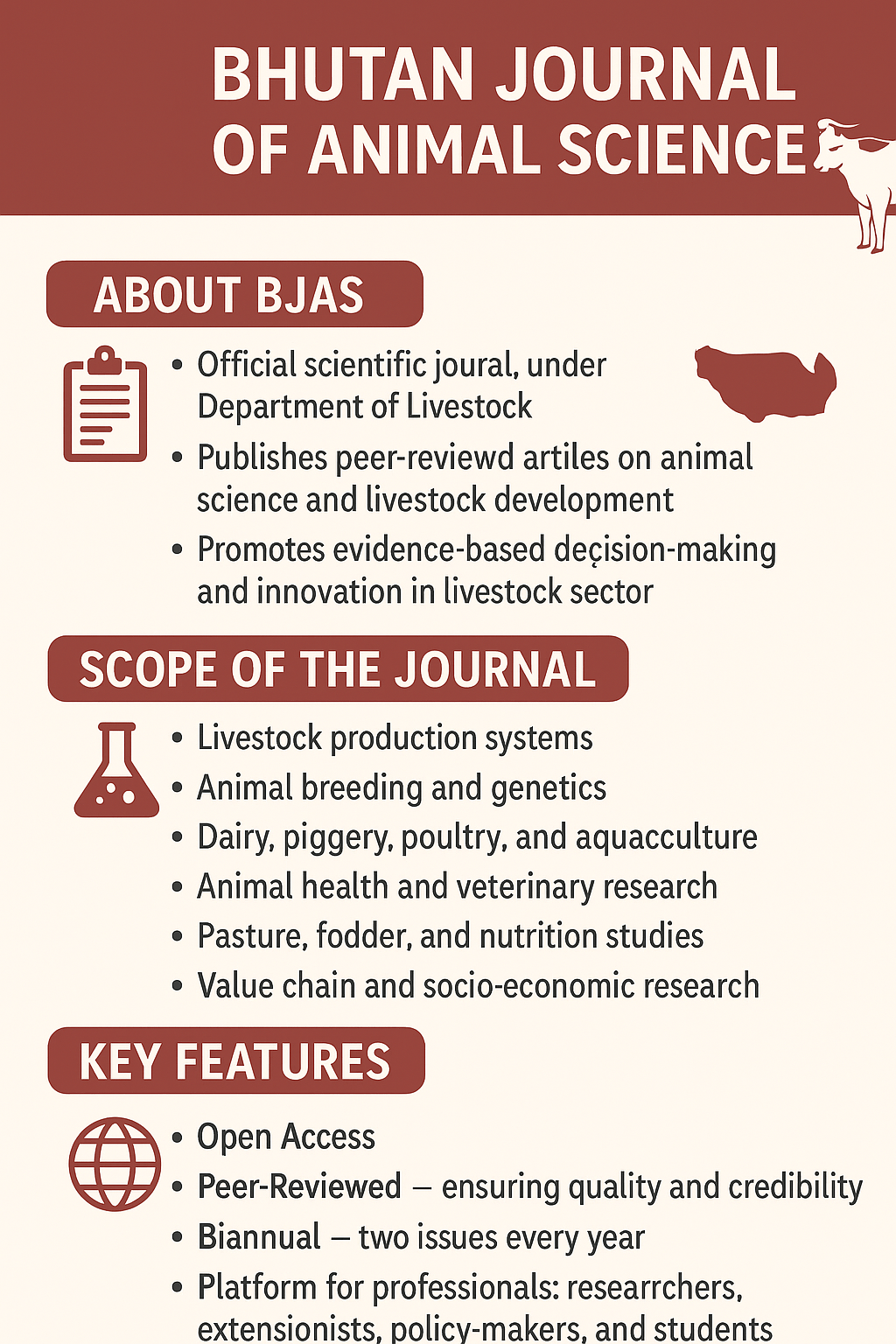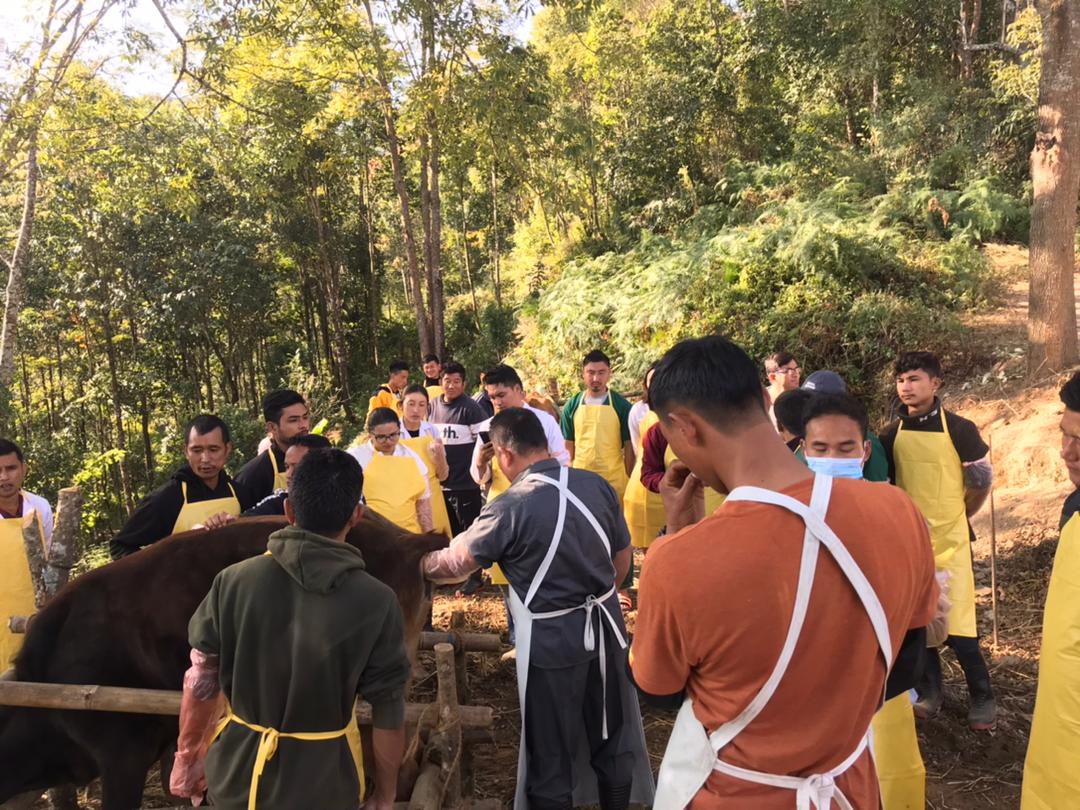
The training initiative, held at RNR-EC in Tsendagang Gewog and financially supported by various Gewogs within the Dzongkhag, encompassed the development of AI skills for 14 CAITs and a concurrent 14-day refresher course for 14 Livestock Extension Supervisors (LES) of Dagana Dzongkhags. The latter half of the training, focusing on LES, was coordinated by the DLS, Dagana. The training was unique as it provided a common platform to the CAITs and LES in understanding the importance of AI and roles of each other while delivering AI services to the dairy farmers. The participants, hailing from different Gewogs within Dagana Dzongkhag, collectively contributed to the realization of the Department of Livestock’s objective to augment dairy production and create employment and income generation opportunities in rural areas through Public-Private collaboration.
The training program concluded with Dasho Dzongdag presenting the certification award.
Reported by:
![]()

